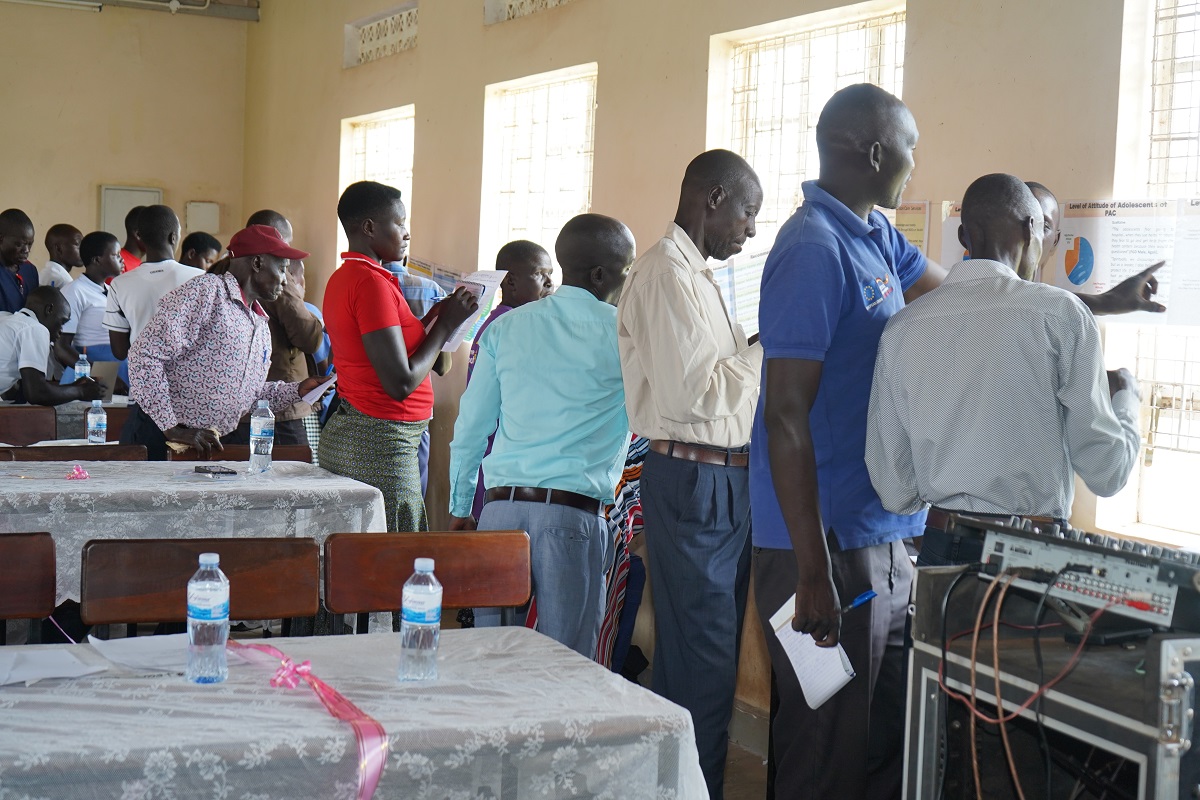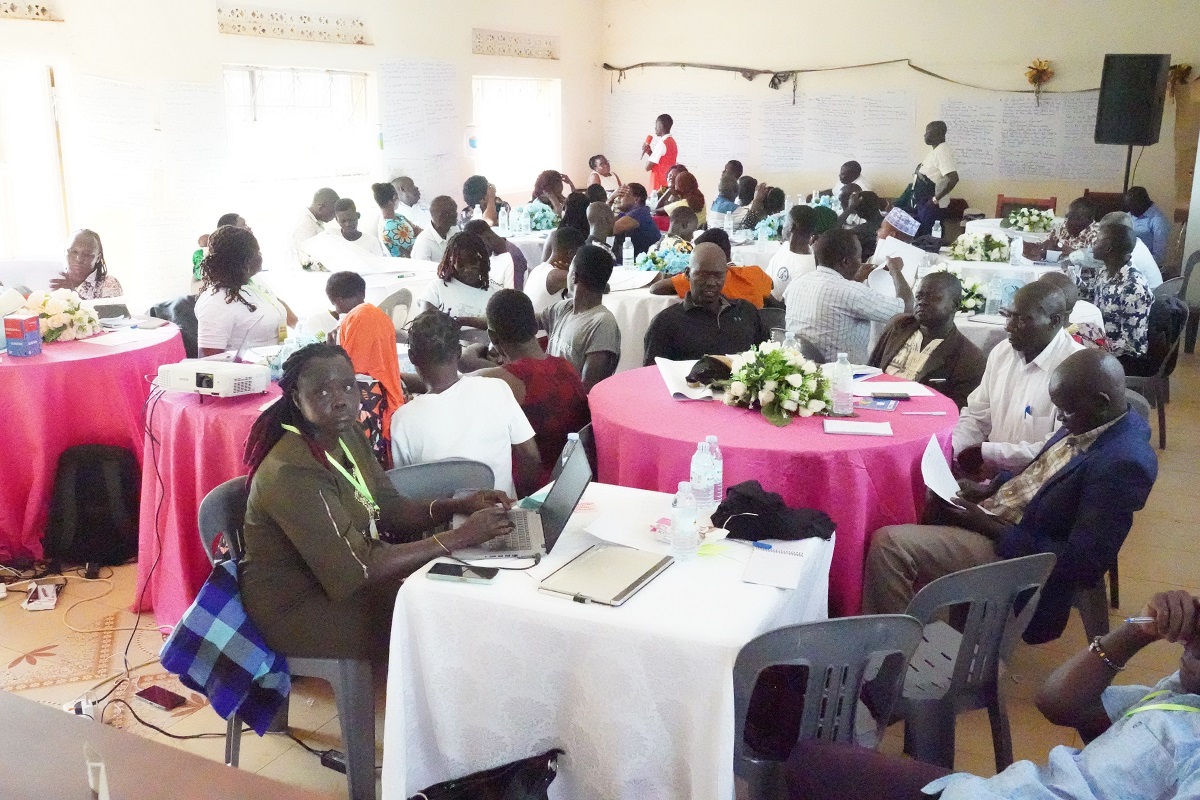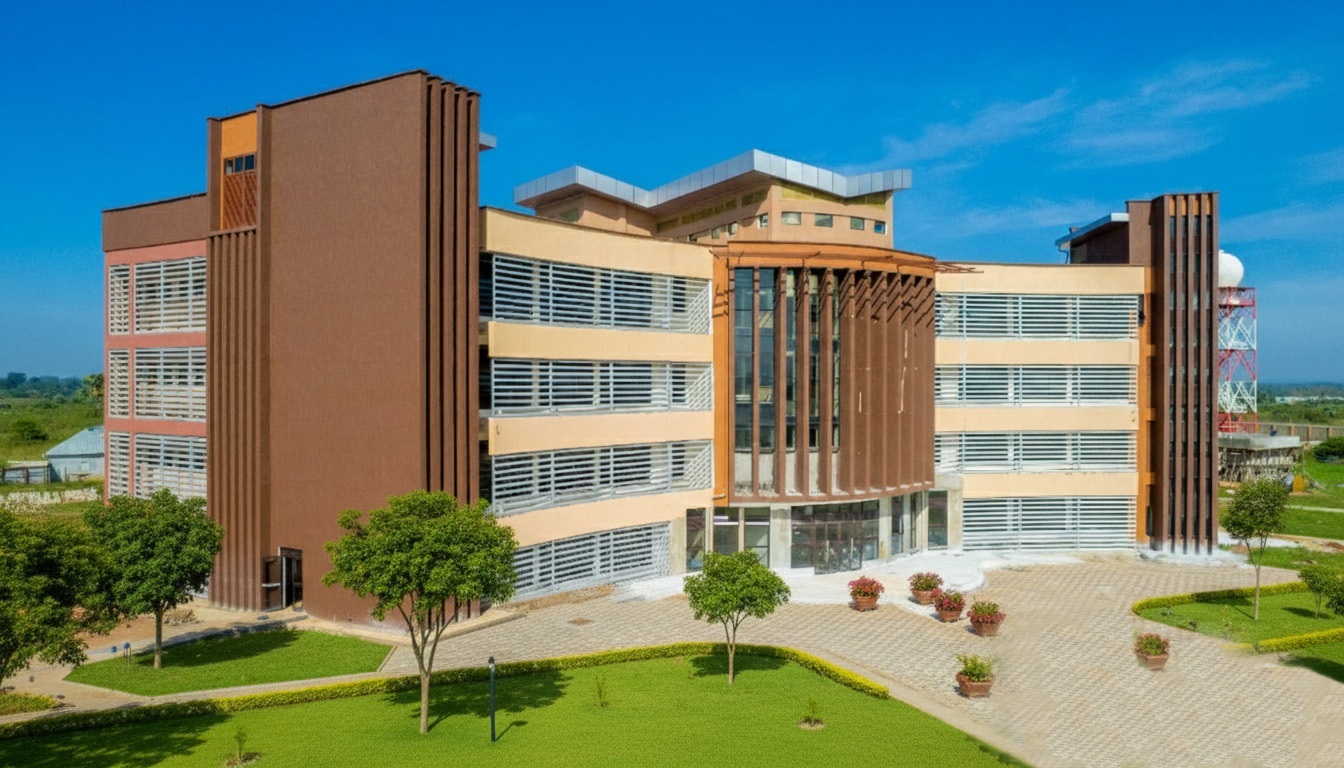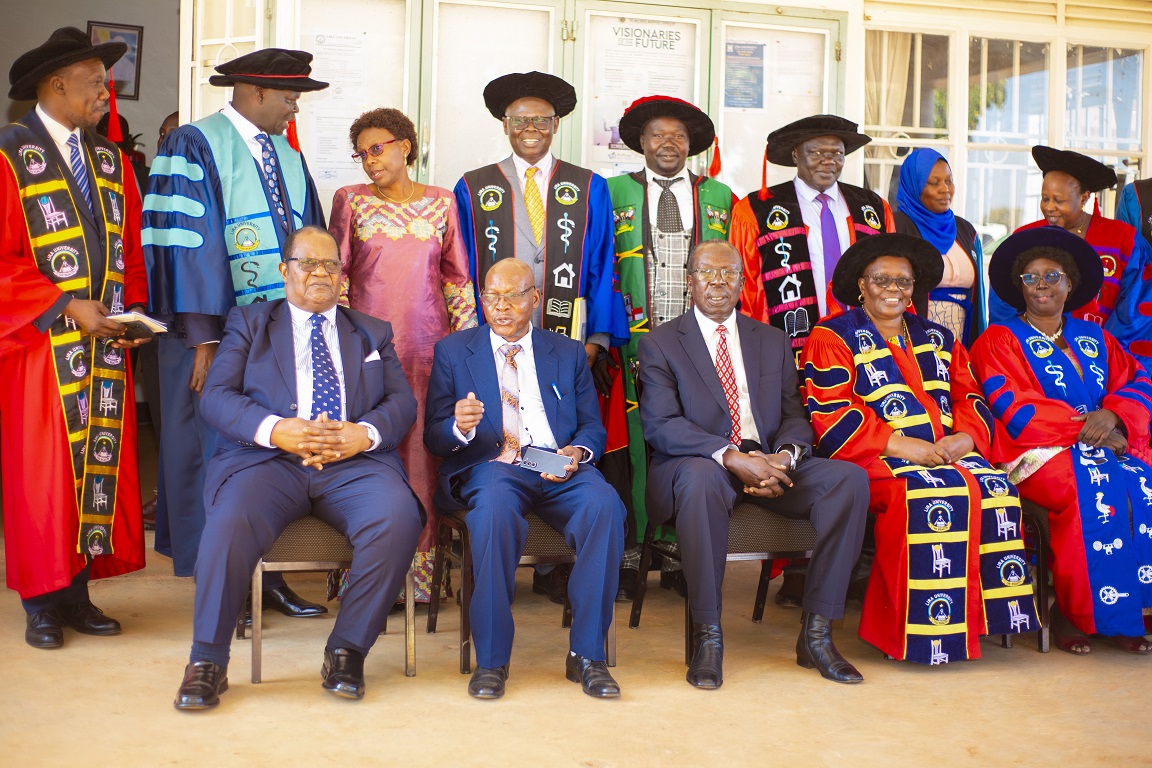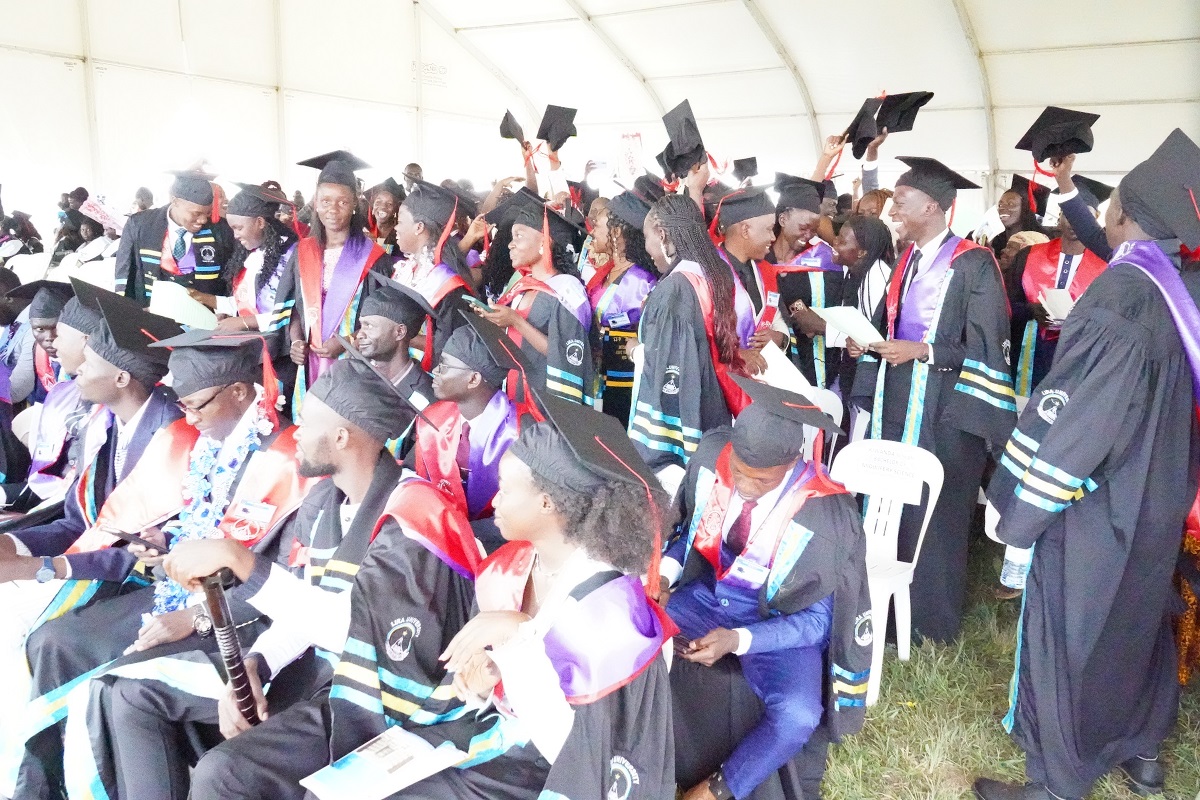By Patrick Opio
Senior Communications Officer
Lira University Deputy Vice Chancellor, Assoc. Prof. Okaka Opio Dokotum has thrilled the enthusiastic audience, calling for strategic health and policy measures aimed at addressing the causes of the pregnant mothers’ deaths and unintended pregnancies currently rampant in the Sub-Sahara African countries.
While addressing the 3rd International Conference on Sexual and Reproductive Health and Rights(SRHR) hosted by Lira and Gulu Universities at Acholi Inn, Gulu City, Prof. Okaka Opio Dokotum noted that in Northern Uganda, as in many parts of sub-Saharan Africa, reproductive health challenges remain central to our public health agenda.
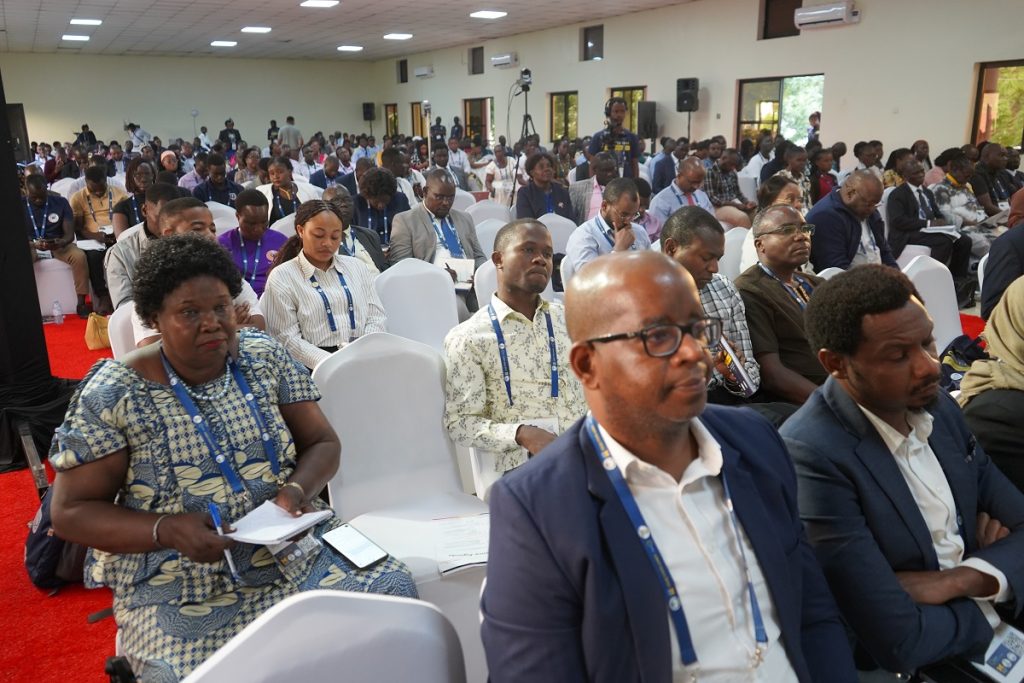
“Maternal mortality, unintended pregnancies, and unmet needs for family planning are not just statistics; they represent mothers, daughters, and sisters whose lives and futures we must protect,” he adds.
The Conference that commenced on 17th September 2025 with pre-conference activities will run till Friday, 19th September 2025. Delegates from more than 50 countries are attending the conference.
Prof. Okaka Opio Dokotum lauded the Center for International Reproductive Health Training at the University of Michigan, for their vision and enduring partnership that has empowered and enhanced our capacity as Lira university.
“We are extremely proud and excited to continue advancing healthcare through this partnership. I salute our colleagues at Gulu University, and all other partner institutions represented here from outside Uganda, for your collaboration and leadership,” Okaka Opio observes.
He further reveals that the Sustainable Development Goals, especially SDG 3, calls on us to reduce maternal mortality and ensure universal access to reproductive health services. This is why this conference is so timely and vital. It provides a platform for dialogue, evidence sharing, and learning that will influence perceptions, practice, policy, and training.
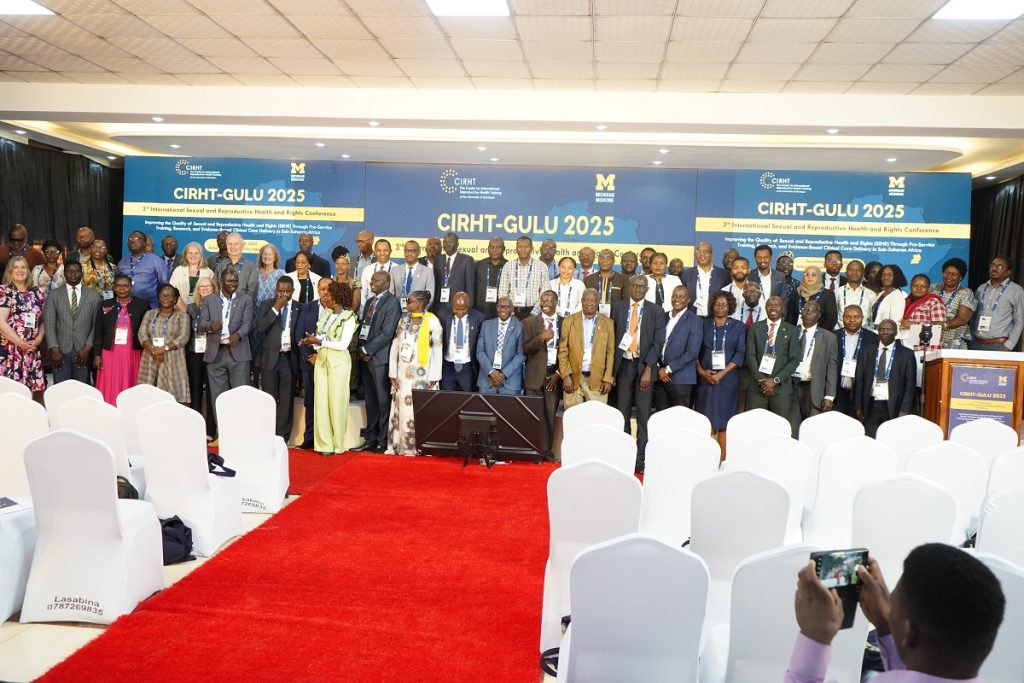
ECERPTS OF PROF. OPIO OKAKA DOKOTUM’S REMARKS
This gathering is more than just an academic conference, it is a celebration of life and a celebration of partnership, innovation, and commitment to advancing reproductive, maternal, newborn, and child health. It reflects our shared vision: to strengthen health systems, empower providers, and improve the lives of women, families, and communities across Africa and the world.
SIGNIFICANCE
In Northern Uganda, as in many parts of sub-Saharan Africa, reproductive health challenges remain central to our public health agenda. Maternal mortality, unintended pregnancies, and unmet needs for family planning are not just statistics; they represent mothers, daughters, and sisters whose lives and futures we must protect.
The Sustainable Development Goals, especially SDG 3, calls on us to reduce maternal mortality and ensure universal access to reproductive health services. This is why this conference is so timely and vital. It provides a platform for dialogue, evidence sharing, and learning that will influence perceptions, practice, policy, and training.
THE POWER OF PARTNERSHIPS
The work of the Centre for International Reproductive Rights and Health Training, anchored at the University of Michigan, demonstrates what is possible when partnerships are diverse, unique, genuine, intentional, and impactful. Together with Lira University, Gulu University, and other partner institutions, CIR HT has contributed not just to training, but to transformation in important ways such as:
1. Strengthening preservice training through training healthcare providers and clinical preceptors with the skills to deliver safe, respectful, and evidence-based care.
2. Strengthening research capacity to ensure that solutions are rooted in evidence and responsive to local realities.
3. Advancing Sexual Reproductive Health and Rights programs through provision of training materials, improving infrastructure, as well as educational materials.
4. Improving quality of Care aimed at fostering respectful maternity care because the dignity of every mother matters.
At Lira University, we are proud to be part of this global community of learning and practice. We are a young university, but we are ambitious and committed to being a hub of innovation in health sciences, research, and community engagement. Indeed, health services and training is the niche of Lira University which was established by an act of parliament with the mandate to support post conflict recovery in northern Uganda. Health services and training is who we are!! With partnerships and collaboration with CIRHT and a robust and long-standing partnership with Gulu University, we are already writing a new chapter for higher education and healthcare provision in Northern Uganda and the entire country. Distinguished members, allow me to acknowledge the extraordinary achievement of our own Ms. Anna Grace Auma, the Lira University PI, one of our leading grants winners who was awarded the National Heroes in Health Award, Maternal and Child Health category.
UNIVERSITIES AS CATALYSTS FOR CHANGE
Distinguished ladies and gentlemen, allow me to emphasize that our universities are not the proverbial ivory towers where reclusive mystics philosophize about knowledge for the sake of knowledge like the Epicurean and Stoic philosophers Paul encountered in the Areopagus on Mars Hill in Athens in the books of Acts in the bible. Our universities are catalysts for change connecting the classroom to the clinic, the lecture hall to the community, and the community to curricular development, review and tracer studies, as well as creating research policy briefs that define major interventions by various power centers and stakeholders.
The future of maternal and reproductive health will depend on:
1. Training health professionals not only in technical competence, but also in compassion, communication, and cultural sensitivity. I must especially emphasize cultural sensitivity. We will not achieve much without understanding cultural contexts and the new concept of cultural rights. As Alexandra Xanthaki, UN Special Rapporteur in the field of cultural rights observed, Culture is about ways of life, philosophies of the people, their priorities, the values that they have, the way they envision themselves and their communities. We must take cognizance of the power of culture in order to package effective interventions.
2. Conducting impactful research that addresses pressing health challenges from contraceptive uptake to respectful maternity care, from adolescent reproductive health to postpartum family planning and sharpening our interventions through a bottoms-up approach as opposed to the civilizing top-bottom mission that presumes that we know absolutely everything about what people need and how they should be helped.
3. This leads us directly to the third point which is, engaging communities so that solutions are co-created, accepted, and sustained. In this regard, artistic approaches to community engagement like theater for development, role plays and public health films could ease penetration into communities.
4. Influencing policy through direct engagement with all three arms of government to ensure that governments and health systems prioritize investments in reproductive, maternal, and child healthcare rather than transferring the burden to development partners.
As the Management of Lira University, we will take the bull by the horns and be stewards of these responsibilities. Our participation in this project, and in this conference in particular, alongside all of you representing different stakeholders, affirms that we are ready to run with this vision together.
REFLECTION
Permit me to share a brief reflection. Not long ago, our Vice Chancellor Professor Jasper Watson Ogwal Okeng visited the Lira University Teaching Hospital maternity section and spoke with a young mother who had just delivered her second child. She told him, “Professor, what I wanted most was not only medicine or treatment, but kindness and respect.” She felt that she had received the full package. This is a great service audit that we passed.
That simple statement captures the essence of our mission. It is not enough to have medicines and equipment; we must ensure that the experience of care is dignified, empowering, and compassionate. Satisfaction with care is not a luxury; it is a determinant of whether women will return to facilities, whether they will encourage others, and ultimately whether we succeed in saving lives or not. Our caregivers must have both knowledge and character. Which reminds me of the famous quote attributed to Aristotle that says “Educating the mind without educating the heart is no education at all.” Intellectual knowledge and skills must be midwifed by character, compassion and moral clarity without which we can sometimes produce rogue health professionals.
MOVING FORWARD
This conference provides us with a rare opportunity: –
To share evidence from diverse contexts, to learn from innovations across institutions, to build networks that will outlast the conference itself, and most importantly, to chart the way forward together regarding women’s health.
I encourage each of us to use these sessions to challenge assumptions, to share openly, and to imagine boldly. Let us leave here with renewed commitment not only to publish papers, reports and policy briefs, but to translate our findings into real change for the mothers, children, and the families we serve.


